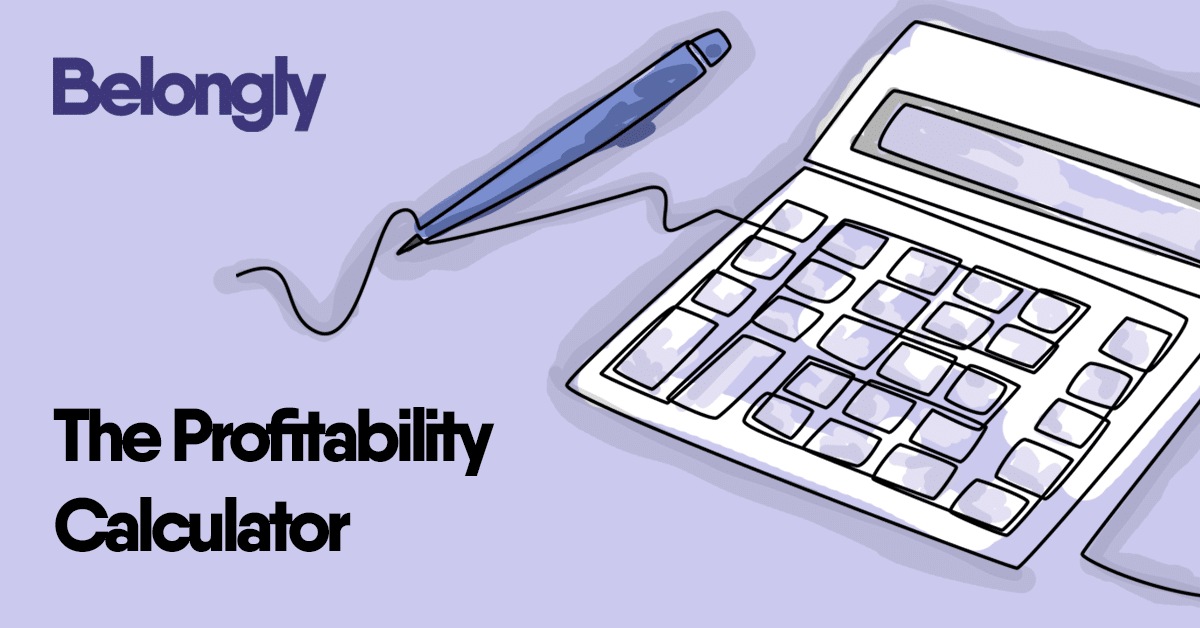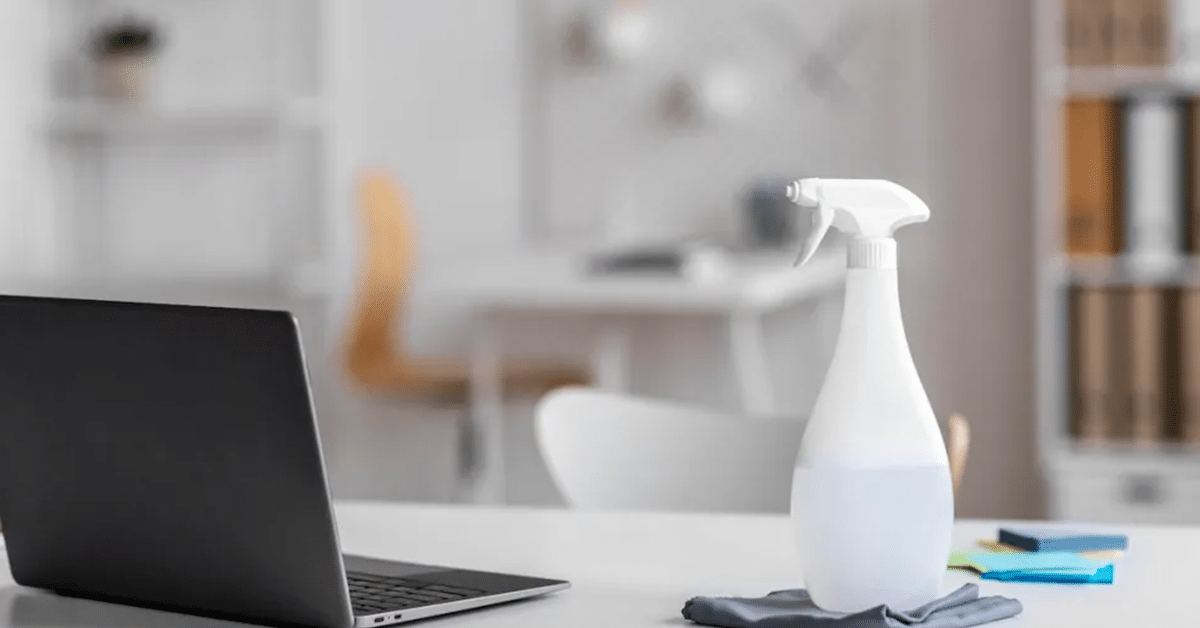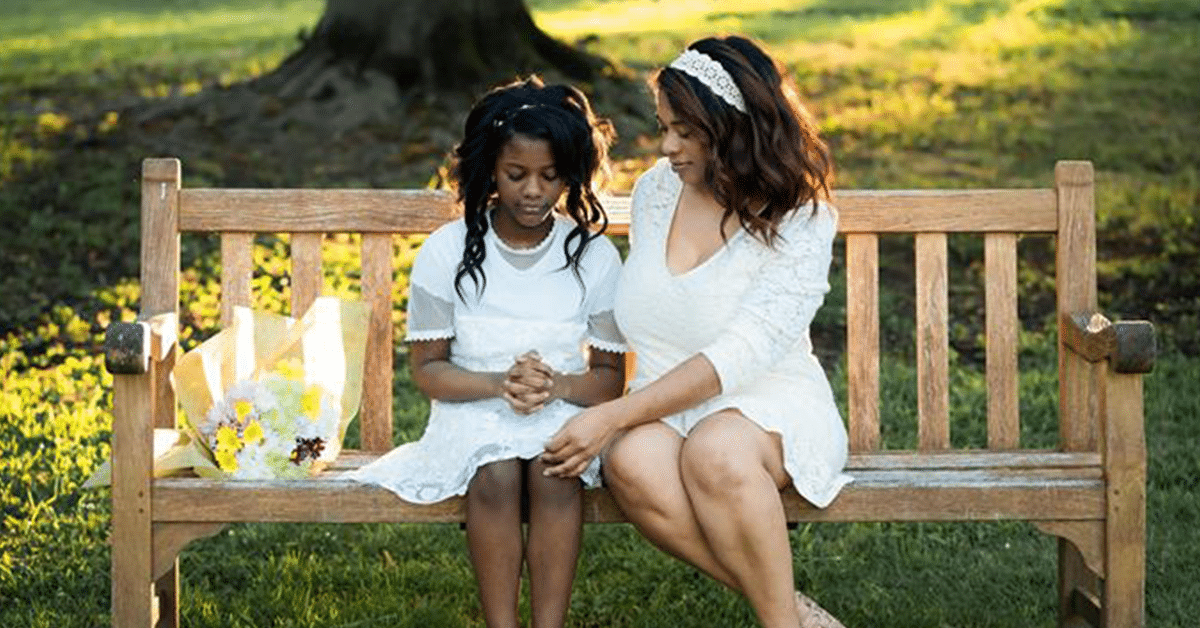“To love oneself is the beginning of a life-long romance.” – Oscar Wilde
Falling in love is utterly fantastical and possibly one of the most beautiful and chaotic experiences one can have all at once. It is quite the exhilarating rush someone can receive when diving into unfamiliar water. It is a little like getting lost in a wonderfully strange world and not wanting to look back.
Surrender & Acceptance.
Before you can fall in love with yourself, you must give up the desire to become someone else. The renowned humanistic psychologist, Carl Rogers, said, “The curious paradox is that when I accept myself just as I am, I can change.” Discontinue telling yourself that your life would improve if you only were thinner, had a more gregarious or outgoing personality, or any other trait you covet. You must accept yourself exactly as you are, right now. Even if you believe it is unfair, there’s nothing you can do about it. This will feel like a low point, at least it did for me. However, in retrospect, you’ll see it as the beginning of your journey. Once you surrender to reality, you can start on the path to self-love.
Reframe your flaws.
I’ve always been an outgoing, talkative, and even loud person. For years, I viewed it as a weakness, a reason to shame myself. After my moment of surrender, I accepted my outgoing energy as a limitation I’d have to endure. I can do what I can to quiet my voice when important to do so, or slow down and take a breath, but I cannot be someone I am not. Today, I reframe this and I see this part of myself as a strength: I am friendly, I connect easily with others, I am warm and have a great sense of humor. Whether you view a trait as positive or negative depends on the lens through which you view it. Don’t think of your flaws as weaknesses, rather think of them as special features. Pick a feature you believe represents a flaw or weakness. How could you look at it through a different lens, one which magnifies its positive traits? If you’re more reserved, you’re probably a good listener. If you lack formal education, you rely on your wits to succeed. If you are anxious, you are methodical in your decision-making processes. There’s almost always a positive frame if you’re willing to look. As you begin to see yourself through this new lens, you’ll discover that your perceived flaws offer unique advantages.
Face Your Fears.
The most empowering thing you can ever do with your life is to say yes to the things you fear. When you conquer a fear, you can’t help but feel good about yourself in some way. I remember the first time I went up the high dive at the local community swimming pool as a young child. I watched others, both kids and adults, go up and have so much fun diving off that I wanted to do it, too. So, I climbed up the ladder, and as I neared the end, I became overwhelmed with fear. I had to get off, so I walked back and climbed back down the ladder. At that time, I felt so much shame and embarrassment.
Eventually, I had enough of watching others have all the fun, realized it didn’t kill any of them, and I mustered up all the courage I had, I was filled with fear, and I went back up that ladder and took the leap of faith. I did it!
I never looked back as the fear dissipated as soon as I accomplished this task. So, pick something you want to do or need to do, but feel afraid to act. Say yes, feel your fear, and do it anyway.
Now, let me tell you about skydiving on my 40th birthday!
Get To Know yourself.
One of the most important decisions I made many years ago was to start a daily practice of journaling. It has been an immensely important tool for self-discovery. Fifteen minutes a day of reflection will give you a peek under the covers of your consciousness. Take out a notebook and pen, it doesn’t have to be anything fancy. Writing with a pen will slow you down, and allow you to reflect and practice mindfulness simultaneously. You’ll expose the fears, worries, and dreams you know exist inside, but would rather not confront or allow. Your journal becomes the tool through which you conduct difficult conversations with yourself. Keep the contents of your journal private. You’ll be more honest, knowing nobody will ever see what you write. In time, you’ll realize the same thing I discovered – you’re deeply complicated in an interesting way, you’re quirky, yet compelling, and you’re imperfect, but in a way that makes you unique.
Emulate The Behaviors of People You Admire.
In other words, fake it ‘til you make it. I admire people who have a sense of community, people who stay above the fray, and people who pursue their dreams in the face of resistance and commit to living with fortitude. I try to emulate those behaviors every day. Make a list of the people you admire and the specific behaviors that resonate with you. When you finish, consolidate all those behaviors into a vision of the person you’d like to become. Whittle down your list to a maximum of ten. Picture yourself as that person with those qualities. Then, start acting that way. When you behave like the ideal person you envision, it’s nearly impossible not to fall in love with yourself.
Be Clear and Take Chances.
From my thirties through my early forties, a sense of defeatism possessed me. I had many setbacks in my career, I struggled in relationships, and I started in healthcare intending to run my own private practice, and I was nowhere near reaching this goal. I was lonely, and isolated, and felt lost as to how and what to do. I was very fortunate to be able to take a gamble and relocate across the country. I had hit a bottom and the discouragement I felt escalated to a point where I had to do something. And, I did. This changes my entire trajectory in many ways and improved my quality of life immensely. So many folks learn to live with that disappointment. Don’t be one of them. Feel this pain and allow yourself to hurt, allow it to enrage you to the point of saying, “Fuck it. I need to try to change and I will do whatever it takes.” I know many people in their forties already looking forward to retirement, calculating how many years they’ll have to endure the drudgery of their jobs. That saddens me. Yes, we all have bills to pay, but you don’t have to quit your job to take your shot. Carve out time on the side, you don’t even have to succeed. To experience sustained joy, you must fall in love with yourself, but be patient, it’s like developing an acquired taste for a delicacy – you dislike it at first, but then you get used to it. And finally, you love it and wonder how you were once blind to its delight.
Human beings are social creatures, we are not hardwired for solitude. Yet, so many people are like lost and wandering souls, looking for someone who would fill that empty void within. We are like incomplete puzzles, searching for a piece that is missing a piece. We desire someone who would give us the ultimate feeling of love, of what it is like to love and be loved in return. Love is a very strange thing! Wanting so desperately to find love, most of us will desperately search for it, ultimately getting lost in the quest. One of the most profound lessons we can learn in life is how to truly love ourselves. No, this is not narcissistic love. It is the kind of love that makes you learn to appreciate yourself and is essential for allowing real, genuine love to fall into place. Self-love is not a destination – it is a journey and a skill that requires patience and practice. It is an art that is never perfected and it takes time to build a solid foundation, develop, grow, and trust. When you love yourself, you will reap more love in return because you simply cannot give away what you don’t already have.
Loving oneself is not easy, as is no relationship that is deep and connected, they all take work. There are ups and downs, times when the relationship feels strong and connected as well as times of fragility and loneliness. Love is a very mysterious thing, and not even the best-versed poet can capture all of its nuances and charms. The truth is self-love, much like love for another person, can simultaneously be frightening, wonderful, hard, and beautiful.
We are often told that one cannot truly love you if you do not know how to love yourself first. This is both somewhat true and false at the same time. A lack of loving yourself doesn’t mean you are unlovable. However, if you don’t, won’t, or can’t love yourself, you can’t accept the fact that you are loved, which makes anyone who wants to love you struggle to love you. Cutting off love to yourself is like damming up a river, there’s a block, no flow in either direction. This lack of love for yourself dams up giving and receiving love from another.
Years ago, a friend with whom I was in professional training, gave me a gift when she said one night to me in the group, “Melissa, it is hard to be your friend.” At that time, I was crushed and immensely saddened, as this person was someone who I knew cared about me, went out of her way to show me, and thought of me when she didn’t have to. I liked her very much and wanted to be friends, and yet I was not able to receive it. The gift came more than a decade ago and has remained with me all these years. I was able to hear her and in hearing her experience of me, I had a glimpse into seeing me from her perspective, and my eyes were finally opened. I had heard for so long how we must love ourselves to be loved but I simply didn’t understand as I felt as if I had so much love in my heart to give. What occurred at that moment was a clearing of my vision. I wanted to be able to receive the love that I had been missing out on for so long. I deeply desired a connection and I knew I was going to have to let go of some very old beliefs and perceptions I had about myself and be willing to try something I had no evidence of and see what others saw, for me to change.
To allow real love to enter our lives, we ultimately have to undergo the tedious and often humbling process of learning to love ourselves. Remember the dammed river image I just mentioned? Well, the flow is blocked, so we also cannot give our love away when we don’t have much for ourselves.
What does it mean to love yourself first? To love yourself first does not mean just putting yourself above all others and discontinuing caring about those around you. Self-love is not to be confused with selfishness. There’s a lot of emphasis in our culture on romantic love. A lot of people think that finding the right partner will somehow make them whole, fill an inner void, and solve all of their problems. However, another person can never do all of these things for you. You have to do them for yourself. That is, you have to fall in love with yourself. This means, learning to talk, respond, and care for as you would your best friend. It means paying attention, listening, and being kind and loyal.
Being in love with yourself provides you with self-confidence and self-worth, and it will generally help you feel more positive. If you can learn to love yourself, you will be much happier and will learn how to best take care of yourself. When you are truly in love with yourself and happy, you should stop comparing yourself to others so much and should find yourself more confident, not worrying as much about what others think of you as you will believe you are loveable. When you love yourself, you will reap more love in return because you cannot give what you do not already have. You need to cultivate love within you, and it will exude so much encouragement, joy, and tenacity that you’ll have a passion for living life! So, do not see yourself as someone ordinary because someone out there sees you differently, and you may be extraordinary! Spend some time with yourself, get to know yourself, every part of you. Learn to appreciate and acknowledge yourself the same way you show appreciation and affection to your loved ones.
There’s a lot of attention given to romantic love that some would consider finding the right person to make them whole. Again, someone else can’t fill the void that is within YOU. Only you can make yourself whole.
I wasted so much time wishing I were someone else, wishing I was different, that I looked different, my character and personality traits were different. Today, I wouldn’t change places with anyone. I am certainly not perfect, I have many flaws, and these do not make me unlovable, they are my perception and perhaps areas of growth – or not. And, they make me who I am and all of my is loveable – even the parts that I am working to shift.
Falling in love with yourself does not make you arrogant, vain, or narcissistic. It means you harbor deep self-respect. But more than that, you own your perceived flaws and possess self-confidence tempered with humility. You live with the certainty that you wouldn’t change places with anyone, even if you could.
It took me 40+ years to reach this point. I disliked myself in adolescence. I refused to believe in myself throughout my twenties. In my thirties, I had accepted my shortcomings but still secretly wished I could be someone else. By 40, I reached a point of resignation. I stopped lamenting what nature gave me, and vowed to make the best of what I had been given. I was willing to accept the cards I had been dealt, and I was going to play them. Although I had no organized plan, I made several life changes that allowed me to fall in love with myself. It’s not something that can be forced, it’s one choice at a time that you chose to do differently. What results from taking action is a change in the way you feel. Most of us work backward, we want to feel a certain way BEFORE we do something.
The way human beings are wired, we must take action first, and then the feelings follow. As a result of practice, you will change, not all at once, but over time and you will find a new happiness and a new peace. Here are some steps I took that may serve as a guide for you to begin the practice of falling in love…with yourself.
Keep Reading
Want more? Here are some other blog posts you might be interested in.









